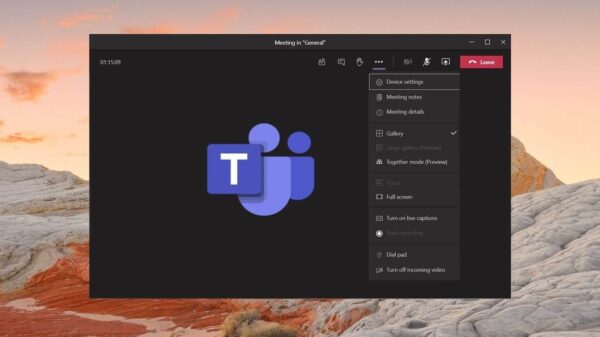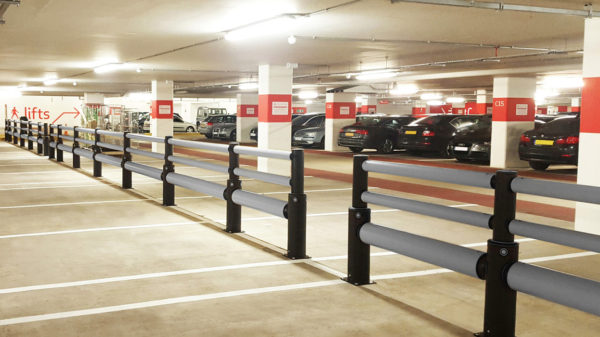Demand for credit in India is set to rise with an increase in loan against property by 73 basis points year-on-year, setting at 3.03% in September 2018. LAP held more than 1.6 million accounts and its demand increased by 33% in the last year.
The property loan market continues to rise with the number of accounts increasing every year. However, many borrowers still hold several misconceptions and myths about these types of credit that often prevents them benefitting fully from the features of these credits.
Let’s take a look at some of the misconceptions on mortgage loans:
- You Require Higher Income
While you apply for an advance, your lender will evaluate your creditworthiness under specific parameters, such as credit score and income. You are required to hold a CIBIL score of 750 of higher with a stable source of income. As loan against property involves higher security than compared to collateral-free advances, you can avail such secured loans with a comparatively lower credit score and income in some cases. However, credit score and income are not the requirements while you avail advances; you are required to meet other significant parameters of the eligibility criteria.
- Advances Can Be Availed Only Against Residential Property
The term loan against property states that you can avail credit against collateral as a security. Some of the types of loans against property you should know about are disbursed against both residential and commercial property. The ownership of the property that you are to mortgage should lie with you. In case you mortgage a residential property you can make use of the property throughout the loan tenor. The ownership of the property will only get transferred to your lender if you default on a payment.
- The Loan Amount Is Equal To The Value Of Your Property
Lenders do not provide a loan amount equal to the value of your property. Only 70% to 90% of the value can be availed while applying for a property loan. Hence, it is essential that you analyse the market value of your property before opting for a secured credit against property. Other aspects that help in deciding the loan value is the age of the property, location, current condition of your property, etc.
- The Lender Gets PossessionOf Your Property When You Mortgage
The ownership of your property lies with you while you avail loan against property, provided you pay your EMIs on time. The ownership gets transferred, or your lender has the possession of your property only if you default on payments.
- You Have To Go Through AHefty Documentation Process
Lenders have made the documentation process minimal to make availing advances hassle-free. The documents needed to apply for a loan against property are:
- Identity Proof – like Aadhaar card, PAN card, passport, driving license, etc.
- Address Proof – such as voter ID, ration card, electricity bills, telephone bills, etc.
- Income Proof – like salary slips, income tax returns, account statements, etc.
Additionally, you are also required to submit documents to prove the ownership of your assets, such as sales deed, property papers, etc. while applying for a property loan.
Must Read: Property Loan Emi Calculator
- Loan Against Property Attracts Higher Interest Rates
The interest rate on your loan against property depends on several factors. NBFCs offer Loan Against Property at an attractive interest rate against minimal documents. On their mortgage loan, you can enjoy balance transfer facilities, online account access, prolonged tenor ranging between 2 to 20 years, substantial loan amount of up to Rs. 3.5 Crore, faster disbursal, etc.
This NBFC also brings you pre-approved offers to lower the hassles involved in the application process. These pre-approved offers save you time and are available on various financial products such as home loans, business loans, personal loans, etc. To check your pre-approved offer you are required to share minimal details like your name and phone number.
Lenders have made the application process for a property loan stress-free, and you can conveniently apply online on the official website of your lender. You are required to fill out an application form with the necessary personal and financial details and submit the essential documents. Following the verification of your documents the loan amount will be transferred to your account directly.































































You must be logged in to post a comment Login